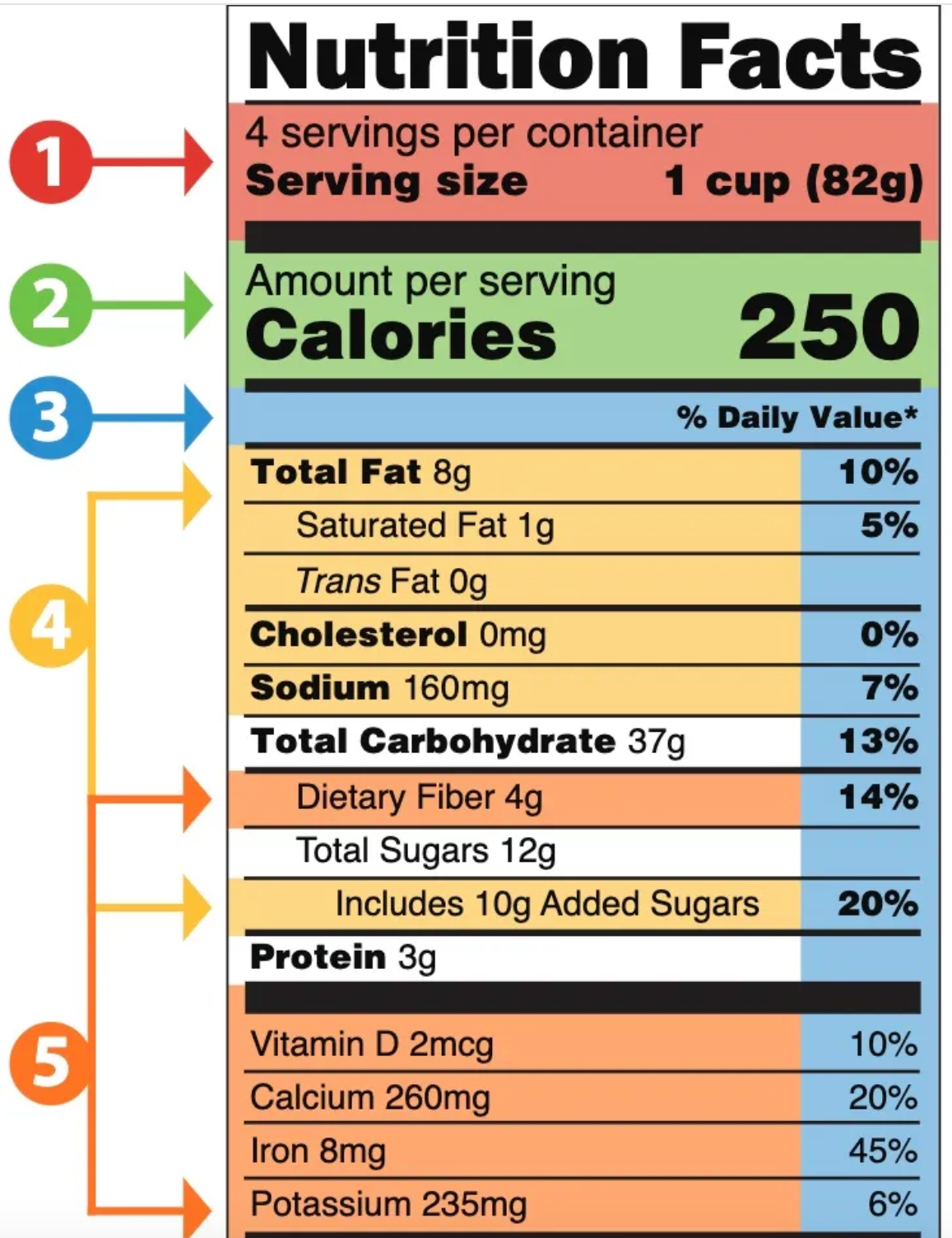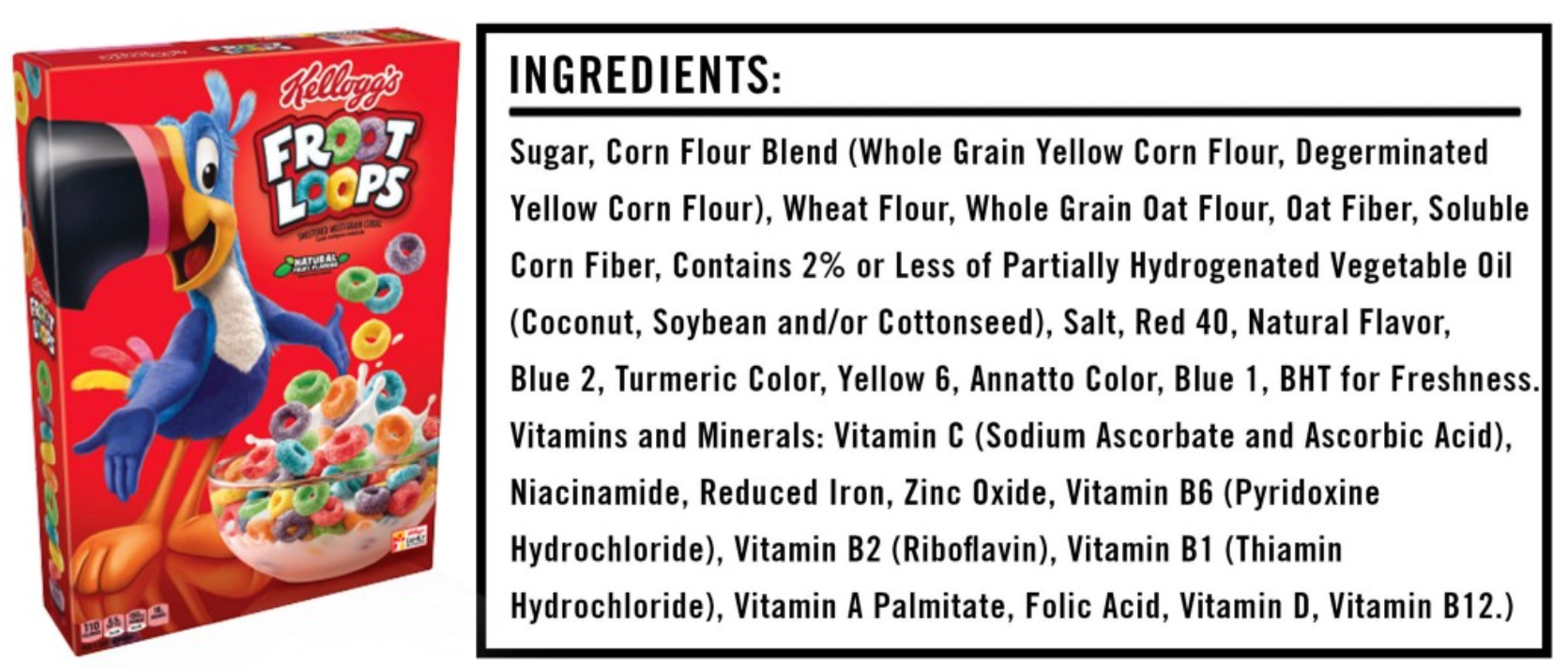What are added sugars ? Why should you care?
What are added sugars? Why you should care

In nutrition and fitness, added sugars have become a hot topic. But what exactly are added sugars, and why should health-conscious individuals be concerned about them?
What Are Added Sugars?
Added sugars are sugars and syrups added to foods or beverages during processing or preparation. They differ from naturally occurring sugars in fruits, vegetables, and milk.
Common Examples of added sugars include:
- Table sugar (sucrose): Commonly added to coffee, tea, and baked goods.
- High-fructose corn syrup (HFCS): Found in soda, candy, and many processed foods.
- Honey: Though natural, it's considered an added sugar when used in recipes.
- Agave syrup: Used as a sweetener in beverages and desserts.
- Molasses: Used in baking and flavoring sauces.
- Brown sugar: Often added to oatmeal, cookies, and sauces.
- Maple syrup: Commonly used on pancakes or in baked goods.
- Cane sugar: Found in drinks, sweets, and processed snacks.
- Corn syrup: Found in candies, cereals, and canned fruits.
- Maltose: Often used in processed foods and baked goods.
These sugars are often added during processing or preparation and are not naturally occurring, like the sugars found in fruits.
These sugars add calories to food but provide little to no nutritional value, so they're often called "empty calories."

Nutrition Facts:
Take a look at the nutrition label in the photo.
It shows a total of 12g of sugars, with 10g being added sugars !!!!
(meaning they aren't naturally occurring).
The Health Impact of Added Sugars
Consuming too many added sugars can have several adverse effects on your health and fitness:
- Weight Gain: Added sugars are high in calories and can contribute to weight gain and obesity.
- Increased Risk of Chronic Diseases: A diet high in added sugars increases the risk of type 2 diabetes, heart disease, and certain cancers.
- Dental Problems: Sugar feeds the harmful bacteria in your mouth, leading to tooth decay and cavities.
- Nutrient Deficiencies: Foods high in added sugars often replace more nutritious foods, potentially leading to nutrient deficiencies.
- Energy Crashes: Consuming foods high in added sugars can lead to rapid spikes and drops in blood sugar, resulting in energy crashes and increased hunger.
-
Impaired Athletic Performance: While quick energy from sugar might seem beneficial for athletes, excessive added sugar can lead to inflammation and reduced recovery.

Identifying Added Sugars
Reading food labels is crucial for identifying added sugars. Look for these terms in the ingredient list:
- Sugar
- High fructose corn syrup
- Maltose
- Sucrose
- Corn syrup
- Fruit juice concentrates
Remember, ingredients are listed in quantity order, so if sugar is near the top, that product is likely high in added sugars.
Check out the popular children's breakfast, Froot Loops. The first ingredient listed is SUGAR! Talk about starting the day with a sugar rush. Knowing how to read food labels is essential for you and your kids alike!
How Much is Too Much?
The American Heart Association recommends limiting added sugars to:
- No more than six teaspoons (25 grams) per day for women
- No more than 9 teaspoons (36 grams) per day for men
However, the average American consumes about 17 teaspoons of added sugar daily, significantly higher than the recommended amount.
Strategies to Reduce Added Sugar Intake
- Choose Whole Foods: Opt for fresh fruits, vegetables, lean proteins, and whole grains instead of processed foods.
- Swap Sugary Drinks: Replace sodas and sweetened beverages with water, unsweetened tea, or sparkling water with a splash of fruit juice.
- Read Labels: Be aware of hidden sugars in foods like yogurt, granola bars, and breakfast cereals.
- Cook at Home: Prepare meals at home where you can control the amount of sugar added.
- Gradually Reduce: If you're used to a lot of sugar, gradually reduce your intake to allow your taste buds to adjust.
- Use Natural Sweeteners: When stressed, consider using whole fruits or small amounts of natural sweeteners like stevia.
The Fitness Connection
For those focused on fitness, reducing added sugar intake can have significant benefits:
- Improved Energy Levels: Stable blood sugar means more consistent energy throughout your workouts.
- Better Recovery: Less inflammation can lead to faster recovery after intense exercise.
- Enhanced Body Composition: Reducing empty calories from sugar can help with fat loss while maintaining muscle mass.
While sugar isn't inherently evil, excessive added sugar can derail your health and fitness goals. By understanding what added sugars are, where they hide, and how to reduce them, you can make informed choices that support your well-being and athletic performance.
Remember, small changes can significantly improve your health over time.
